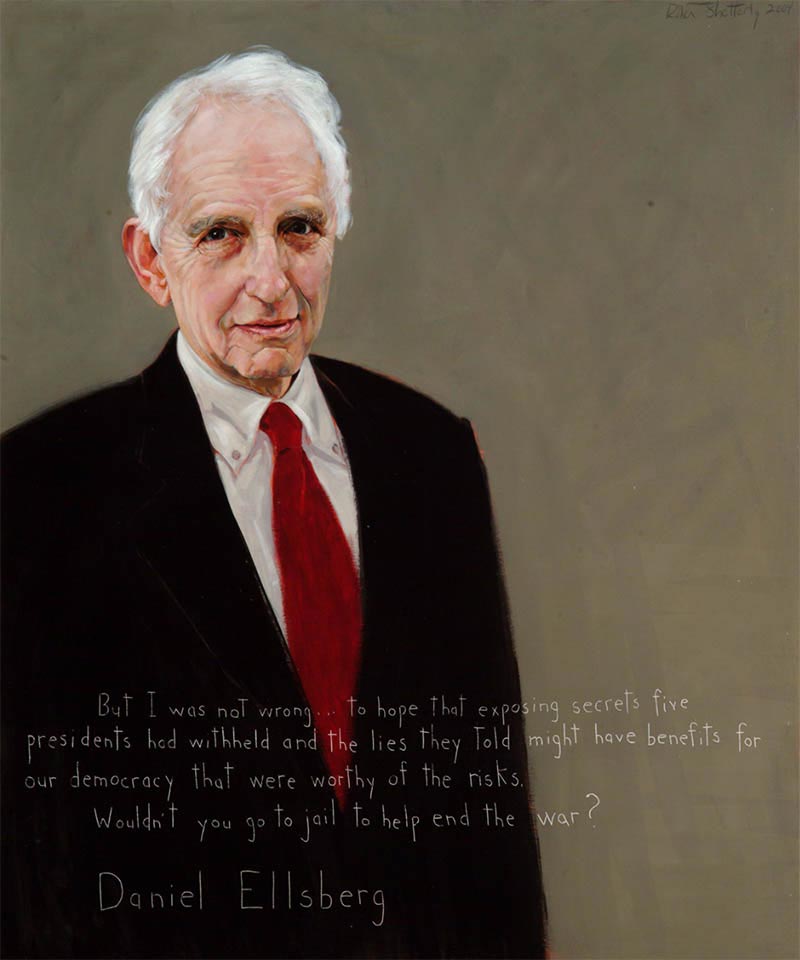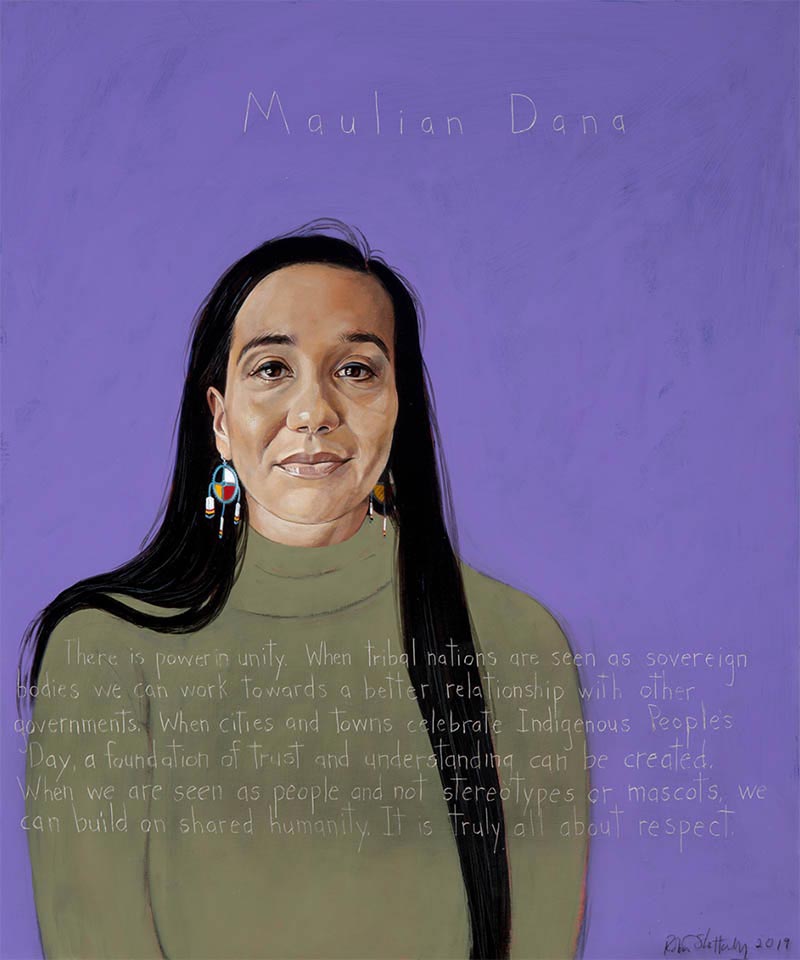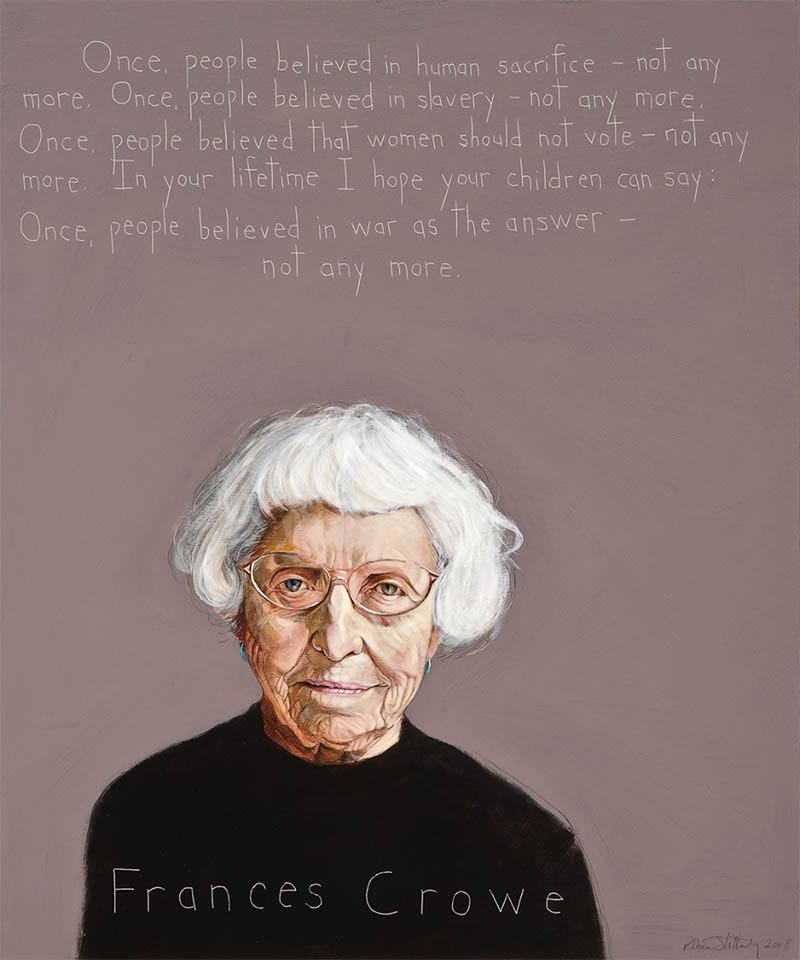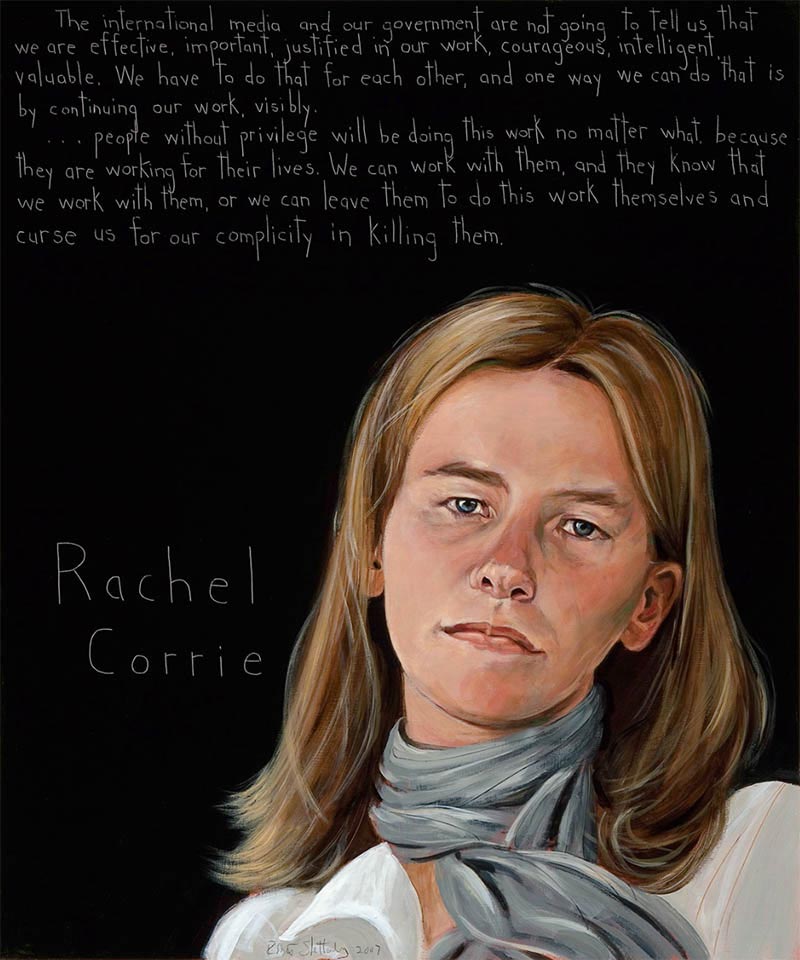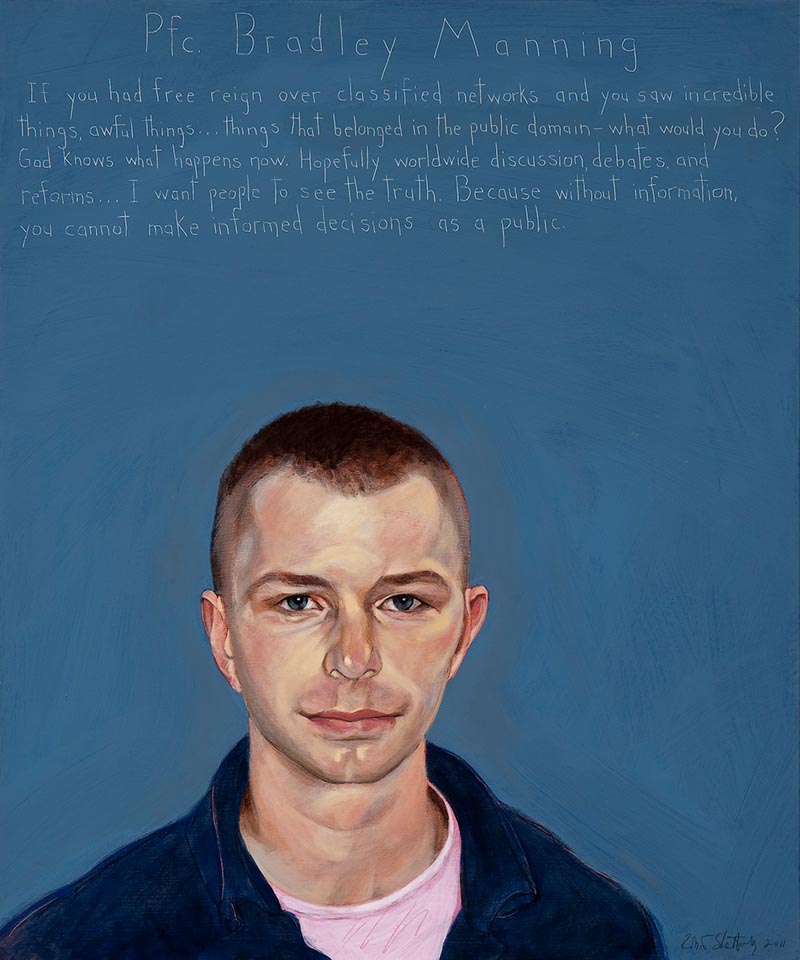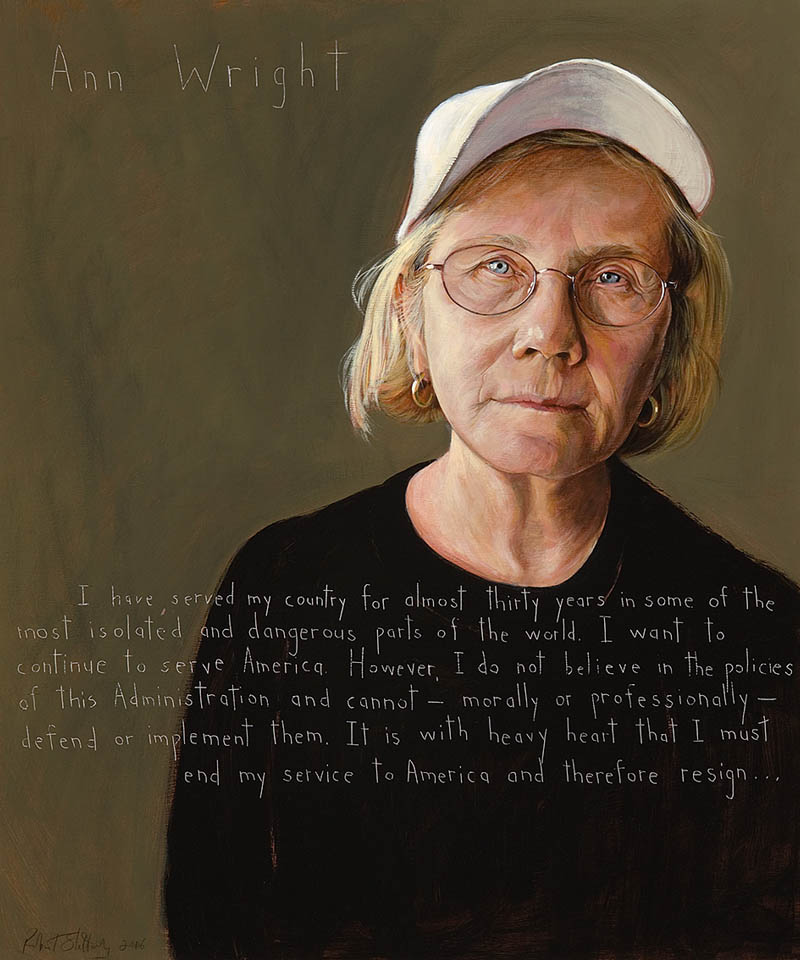
Ann Wright
Army Colonel, Foreign Diplomat : b. 1946
“I have served my country for almost thirty years in some of the most isolated and dangerous parts of the world. I want to continue to serve America. However, I do not believe in the policies of this Administration and cannot–morally and professionally–defend or implement them. It is with heavy heart that I must end my service to America and therefore resign.”
Biography
Patriotism can manifest in many forms, and has for Mary Ann Wright. She has been a career military woman, a State Department diplomat, and for the past few years an influential spokesperson in the anti-war movement.
Ann Wright grew up in Bentonville, Arkansas, and attended the University of Arkansas, where she earned a Master’s and a Law Degree. She also has a Master’s Degree in National Security Affairs from the US Naval War College. In her junior year at the University of Arkansas, she attended a three-week Army training program after meeting with a visiting Army recruiter. That experience helped inform her decision to join the service.
For 13 years Wright was an active duty soldier. She spent another 16 years in the Army reserves, retiring as a Colonel. Part of her Army work was special operations in civil affairs. In the event of invasions into other countries, Wright helped to develop “plans about how you interact with the civilian population, how you protect the facilities – sewage, water, electrical grids, libraries…It’s our obligation under the law of land warfare.” After Wright was released from active duty, she joined the State Department. For the next 16 years, she served as a foreign diplomat in countries such as Nicaragua, Somalia, Uzbekistan, and Sierra Leone. She was on the team that reopened the US Embassy in Kabul, Afghanistan in December, 2001, after the fall of the Taliban to US forces.
In all those years, Ann Wright was proud to represent America. However, on March 13, 2003, the eve of the US invasion of Iraq, Col. Ann Wright sent a letter of resignation to then Secretary of State Colin Powell. She felt that without the authorization of the UN Security Council, the US invasion and occupation of an oil-rich, Arab Moslem country would be a disaster. Only two other State Department officials resigned at that time in protest of the imminent invasion. In an interview, Ann explained that, in the Foreign Service, “Your job is to implement the policies of an administration…if you strongly disagree with any administration’s policies, and wish to speak out, your only option is to resign. I understood that and that’s one of the reasons I resigned – to give myself the freedom to talk out.”
Talk out she has. Since resigning, patriotism for Ann Wright meant becoming an anti-war activist. She worked with Cindy Sheehan organizing Camp Casey, and appeared in the documentary “Uncovered: The Truth About the Iraq War”. She travels and lectures on foreign policy issues. She has been arrested five times in the past year for protesting Bush’s policies, and has referred to herself cheerfully as a “felon for peace”. This retired Army Colonel has also recently been temporarily banned not only from two military bases for placing postcards there announcing a showing of the documentary “Sir, No Sir”, but from the US Capitol area (her case is still pending), and the National Press Club (this a lifetime ban), for voicing opinions and questions concerning Bush Administration policies and the Iraq war.
Related Portraits
Programs
Americans Who Tell the Truth (AWTT) offers a variety of ways to engage with its portraits and portrait subjects. Host an exhibit, use our free lesson plans and educational programs, or engage with a member of the AWTT team or portrait subjects.

Education
AWTT has educational materials and lesson plans that ask students to grapple with truth, justice, and freedom.

Exhibits & Community Engagement
AWTT encourages community engagement programs and exhibits accompanied by public events that stimulate dialogue around citizenship, education, and activism.
